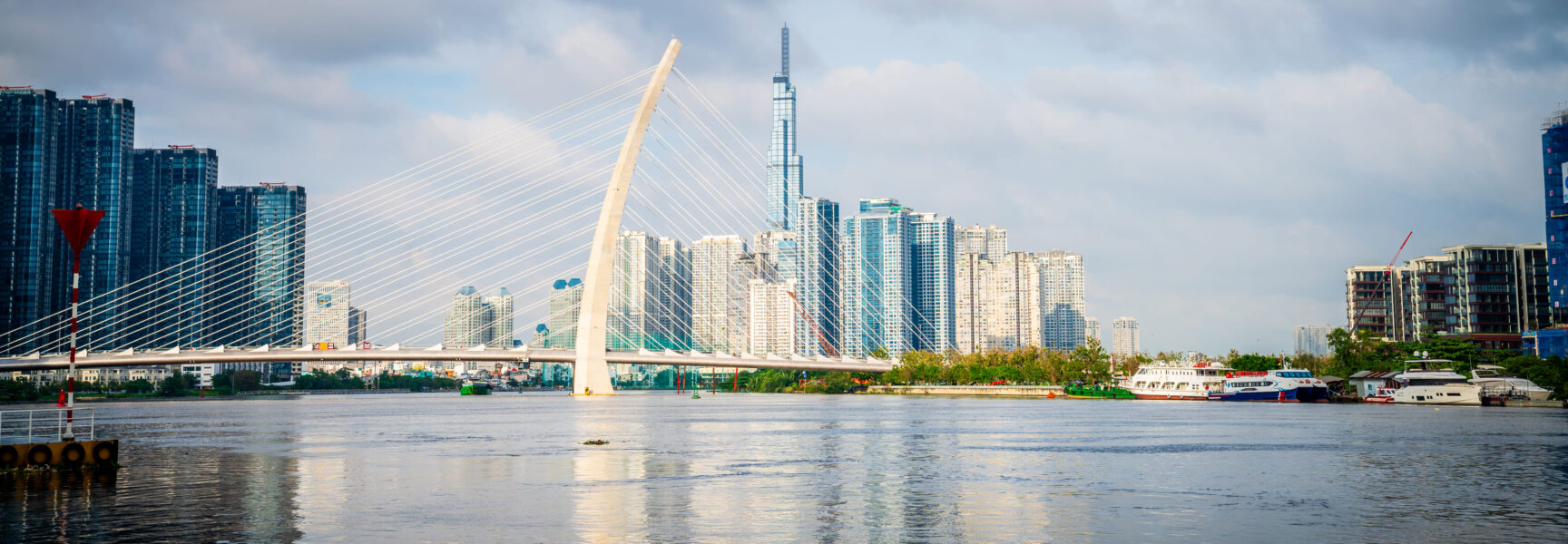
Vietnam
Vietnam is a lower-middle-income country paving the way to become an industrial economy. This transition has far-reaching effects on energy security. On the one hand, energy consumption is expected to increase steadily in the future thanks to the nationwide urbanisation and industrialisation. On the other hand, depleting natural fuel resources poses big challenges for Vietnam – where coal will continue to account for the biggest share in the energy mix. On top of that, the Vietnamese government has set forth long-term development plans on sustainable energy, which emphasises the utmost importance of energy efficiency and renewable energy sources.
Renewable energy is emerging as the tipping point for inclusive and sustainable development in Vietnam. Realising this movement, the government has planned to transform the power system of Vietnam towards a more sustainable and decentralised system that builds on abundant but variable domestic renewable energy sources, such as wind, solar and biomass energy, and less on coal and other fossil fuels. This transition will prompt several opportunities, as well as potential challenges, for Swedish companies to expand into this market by the form of supply chain, consultancy, investment or partnership.
In parallel with the development of energy sources, energy conservation is considered as one of the effective solutions contributing to the nation’s energy security. Energy efficiency has been promoted in several sectors through programs and regulations. As a result, increasing attention is paid to improve energy conservation, most notably in industrial and building sectors. Vietnam is seeking experiences and know-how from international pioneers in the energy efficiency area, in which Swedish enterprises are among the world leaders.
Vietnam Business Climate Survey 2023 – Business Sweden (business-sweden.com)